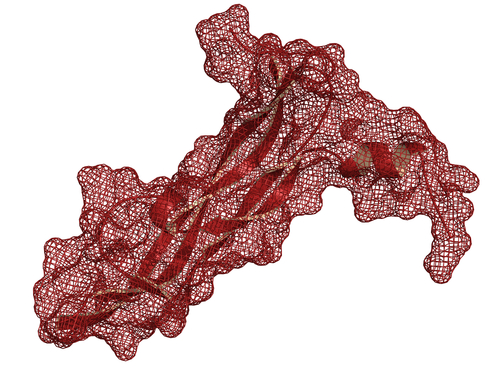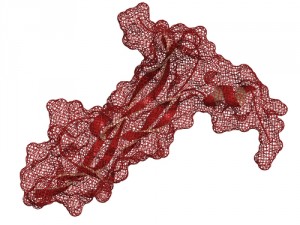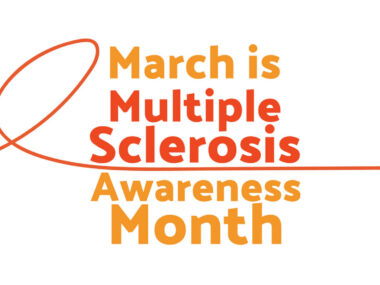Angiogenesis, VEGF Are Interesting Targets in Treating Multiple Sclerosis
Written by |

 Findings of a number of scientific research articles, reviewed in a recent article from researchers at University of Bari and National Cancer Institute in Italy, describe a common response to injury in multiple sclerosis patients and animal models of experimental allergic encephalomyelitis (EAE). The response, known as angiogenesis, (the formation of new blood vessels), is mediated by a number of molecules that may be of interest in developing treatments for individuals affected with multiple sclerosis.
Findings of a number of scientific research articles, reviewed in a recent article from researchers at University of Bari and National Cancer Institute in Italy, describe a common response to injury in multiple sclerosis patients and animal models of experimental allergic encephalomyelitis (EAE). The response, known as angiogenesis, (the formation of new blood vessels), is mediated by a number of molecules that may be of interest in developing treatments for individuals affected with multiple sclerosis.
Seemingly, the need for angiogenesis is an increased demand of nutrients and oxygen for damaged neural cells and repair cells in plaques and the surrounding white matter of the brain. Unfortunately, during chronic multiple sclerosis, angiogenesis is ineffective because axonal activity, repair cell differentiation, and cellular abnormalities lead to vasoconstriction of newly-formed blood vessels, blocking blood flow. Thus, it seems a worthwhile research investment may be delivering trophic factors that promote angiogenesis the brain.
The main driver of angiogenesis is vascular endothelial growth factor (VEGF), a molecule that generally acts on endothelial cells to promote proliferation, migration, and tube formation. In the early stages of multiple sclerosis, VEGF is a prominent pro-inflammatory molecule. Later, it has a neuroprotective role and promotes the proliferation and survival of neural cells. VEGF is decreased in the cerebrospinal fluid of multiple sclerosis patients and animals with EAE.
[adrotate group=”4″]
Since VEGF is pro-inflammatory in early multiple sclerosis, strategies have focused on anti-VEGF therapy. A clinical trial sponsored by Johns Hopkins University in collaboration with Genentech and Guthy Jackson Charitable Foundation is investigating bevacizumab, a monoclonal anti-VEGF antibody, in patients with neuromyelitis optica, which mimics multiple sclerosis. No results are available yet for this Phase 1 clinical trial, but the trial is expected to complete in the beginning of 2015.
Experiments conducted with animals have had mixed results using VEGF to ameliorate damage in the nervous system. For example, antagonizing the VEGF receptor with the drug Semaxinib helps during the acute inflammatory stage, but not during the chronic, degenerative stage. Consequently, additional research efforts and molecule combinations will continue to enhance research to treat multiple sclerosis.


